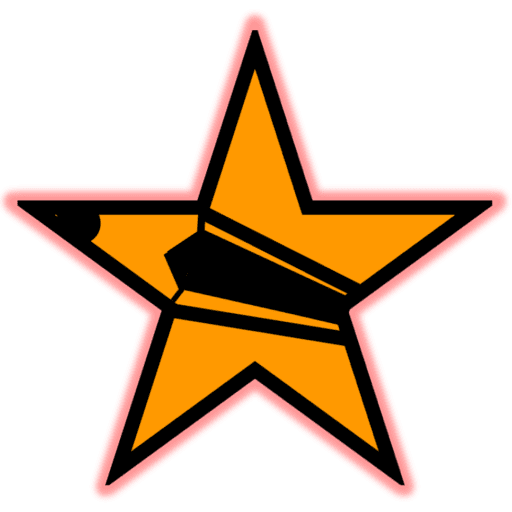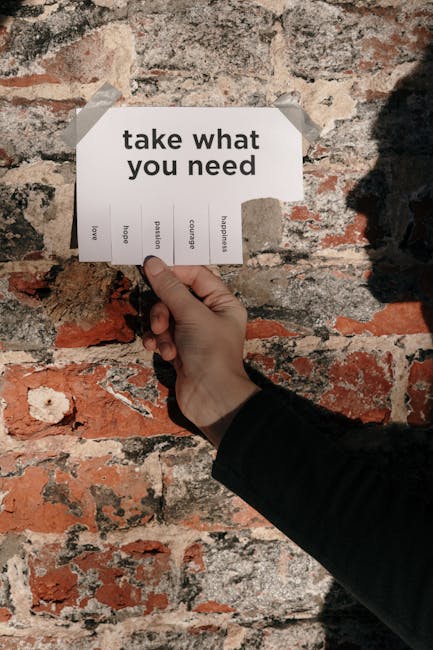Are you a Junior College (JC) student in Singapore feeling overwhelmed by the sheer volume and complexity of your Chemistry syllabus? Or perhaps you’re doing reasonably well but want that extra push to move from a B grade to an A?
No matter which camp you fall into, you’re not alone. JC Chemistry is widely regarded as one of the most challenging subjects in the curriculum, and many students look for targeted support to help them make sense of it all.
One increasingly popular option is the JC Chemistry Crash Course.
In this guide, we’ll explore what a JC Chemistry Crash Course actually entails, why it might be the very thing you need, and how to decide whether it’s right for you. By the end, you’ll have a clearer idea of what to expect and how to make the most of such a course.
Introduction to JC Chemistry Crash Courses

Source: Unsplash
To say JC Chemistry is tough would be an understatement. It’s a subject that demands not just memorisation but also application, critical thinking, and the ability to integrate knowledge from different parts of the syllabus.
From mastering atomic structure and chemical bonding to navigating complex organic chemistry mechanisms, the workload is substantial.
Crash courses are designed to meet this very challenge.
Unlike regular weekly tuition, a crash course compresses the most important parts of the syllabus into an intensive, focused programme.
These courses are often conducted during school holidays, study breaks, or in the lead-up to major exams such as the A-Levels. The aim is simple: to strengthen core understanding, highlight key exam strategies, and help students revise with purpose.
In a typical crash course, classes are small, around eight students per group, so that there’s enough personal attention while still fostering collaborative discussions.
The environment is fast-paced but structured, giving students the push they need while ensuring concepts don’t get lost in the rush.
Benefits of Enrolling in a Crash Course
For many students, the decision to enrol in a crash course comes at a point of urgency. Perhaps preliminary exams did not go as planned, or maybe revision feels scattered and ineffective.
A crash course steps in to provide clarity and structure.
1. Focused Learning
Time is precious during JC years, and crash courses are designed with that reality in mind. They strip away unnecessary fluff and zoom in on the most examinable and conceptually challenging topics.
Rather than spreading yourself thin, you learn how to direct your energy where it matters most.
2. Expert Guidance
The tutors conducting these sessions are not just knowledgeable; they live and breathe the JC Chemistry syllabus.
Having taught numerous cohorts, they know where students typically struggle and can offer shortcuts, analogies, and structured methods that textbooks rarely provide.
3. Confidence Boost
Confidence plays a huge role in exam performance. Many students walk into Chemistry exams second-guessing themselves, unsure whether their approach to solving a question is correct.
Through guided practice and exposure to exam-style questions, crash courses help eliminate this uncertainty. By the end of the course, students often feel much more assured about their ability to tackle papers under pressure.
4. Flexible Learning Options
Not every student learns in the same way. Some thrive in the physical classroom environment, while others prefer online learning that fits around their schedule.
The good news is that most crash courses in Singapore now offer both. This flexibility ensures that you can get the support you need without disrupting your routine.
Key Features of a Quality JC Chemistry Crash Course
Not all crash courses are created equal. While the promise of quick results can sound attractive, the effectiveness of a course depends heavily on its structure and the people behind it. Here are a few hallmarks of a well-designed crash course:
2. Engaging delivery: Long hours of revision can quickly become tedious. Courses that incorporate interactive discussions, problem-solving sessions, and relatable examples keep students engaged and alert.
3. Practice-oriented materials: Chemistry, more than many subjects, requires practice. Quality courses provide practice papers, topical questions, and guided solutions so that students can immediately apply what they’ve learnt.
4. Clear explanations: Chemistry concepts can sometimes feel abstract. Skilled tutors break them down into digestible parts, often using analogies from everyday life. For instance, comparing reaction mechanisms to a chain of falling dominoes can make abstract processes feel more intuitive.
When all these elements come together, the result is a course that not only improves exam performance but also deepens a student’s long-term understanding.
How to Choose the Right Crash Course
Deciding which crash course to join is just as important as deciding to enrol in one in the first place. With so many options in Singapore, the choice can feel daunting. Here are a few pointers to guide your decision:
1. Know Your Weaknesses
Before signing up, be clear about what you need. Are you struggling mainly with Organic Chemistry? Do you find Physical Chemistry calculations daunting?
Or are you generally okay with content but weak in applying concepts under exam conditions? A crash course that aligns with these needs will be far more effective.
2. Do Your Homework
It pays to research. Look at reviews, ask seniors, or check testimonials. Students who have gone through the course often provide the clearest picture of what to expect.
If multiple students consistently highlight that the tutor is patient, thorough, and results-driven, that’s a good sign.
3. Consider the Format
As mentioned earlier, both online and in-person classes have their merits. Online courses save travel time and can be rewatched if recorded, while in-person classes encourage interaction and allow tutors to gauge students’ understanding more directly.
Think carefully about which environment suits you best.
4. Budget Wisely
While it’s natural to consider cost, remember that tuition is an investment. Cheaper options might be tempting, but the real question is whether the course delivers lasting value.
A slightly higher fee may be worthwhile if it comes with comprehensive notes, access to quality practice questions, and a tutor who can genuinely improve your understanding.
Conclusion
JC Chemistry is not a subject you can master through passive reading or memorisation alone. It requires practice, conceptual clarity, and the ability to apply knowledge under exam pressure.
That’s where a crash course comes in. By offering focused revision, expert guidance, and structured practice, it provides the boost many students need at the most critical stage of their academic journey.
If you’re considering signing up, take the time to reflect on your personal needs, explore your options, and choose a course that matches your learning style. Whether you opt for in-person lessons or an online format, what matters most is consistency and commitment.
At the end of the day, a crash course is not a magic solution, but it can be a powerful tool. With the right mindset and effort, it may well be the stepping stone that takes you from feeling uncertain to walking into the exam hall with confidence.
For those seeking longer-term support beyond a one-off crash course, T&T Learning Hub offers small-group JC Chemistry tuition led directly by its founders, giving students consistent guidance and a steady path towards mastery.
Good luck on your Chemistry journey — you’ve got this!
FAQs
What is the duration of a typical JC Chemistry crash course?
The duration varies, but most crash courses range from a few days to a couple of weeks, depending on the intensity and coverage.
Are online crash courses as effective as in-person ones?
Both formats have their advantages. Online courses offer flexibility, while in-person classes provide direct interaction. Effectiveness often depends on the student's learning style.
Can crash courses help with last-minute exam preparation?
Yes, crash courses are designed to help with last-minute revision by focusing on key topics and exam techniques.
Do crash courses cover the entire JC Chemistry syllabus?
Most reputable crash courses aim to cover the full syllabus with a focus on crucial topics and commonly tested areas.

